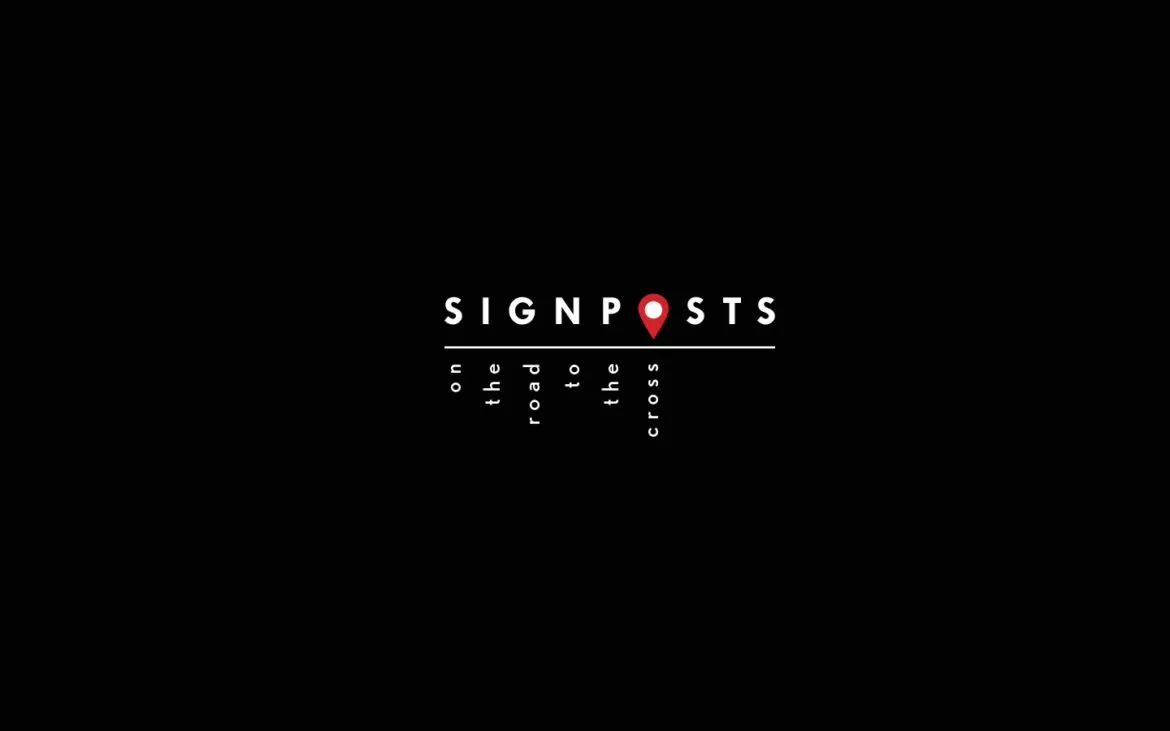
Good Friday: Darkness Fell Over the Land
Good Friday is an interesting name for a day on which darkness settled over the earth. Every year we march (or trudge) inexorably to this fateful day, passing through Palm Sunday with it’s seemingly hollow “Hosanna” praise, though Jesus incredibly states that “if these (disciples) are silent the very stones themselves would cry out” (Luke 19:40). We linger hopefully at the Last Supper, before being pushed out into the cold of Gethsemane’s night and the darkness to come. In the Gospels these events seem to spill out so very quickly as, once Jesus sets his face like flint towards Jerusalem, there is no stopping the rush of time.
Yet time is a funny thing in that it doesn’t seem linear to the God of Abraham, Isaac and Jacob. I wonder how He inhabits all of time. This God who was, is, and is to come. Jesus, who stated, “Truly, truly, I say to you, before Abraham was, I am.” (John 8:58) As the hour of his crucifixion approached, how much did Jesus, God made man, draw on what came before and what was to come after as his comfort. This moment that, in my crammed schedule and perceived lack of time, I feel barely qualified to write about.
The events of Holy Week scream down the stretch, sweeping everything out of their way, crashing and smashing hopes, fears and dreams, gathering them into a mass of humanity until they crash at the foot of the cross: Jew, Roman and Greek. At the intersection of two dominant cultures of the world and the culture of the people of God, Jesus the King of Glory is crucified and lifted up. The Signpost.
Today we remember that most pivotal moment in time. In that place God sacrificed his Son for the sins of the world, the righteous dying for the unrighteous, to bring us back to God and to set the powers of evil and darkness under His feet, inaugurating His kingdom on earth. The hopes and fears of all the years, met in Him. And we know what happens in three days’ time. We know that Jesus rises again, the first fruits, the new Adam.
But for now we wait in that terrible darkness and linger between the Crucifixion and the Resurrection.
If you will, please take some time to listen to this recording of Francis Poulenc’s setting of Tenebrae factae sunt (with headphones if possible). It was written for Good Friday in 1938. The text and translation are below. Keep in mind that Tenebrae means “darkness” and Deus meus means “my God.” Imagine, through Poulenc’s evocative writing, how the angular music and text reflect this poignant moment in time.
Tenebrae factae sunt, dum crucifixissent Jesum Judaei:
Darkness fell when the Jews crucified Jesus:
et circa horam nonam exclamavit Jesus voce magna:
and about the ninth hour Jesus cried with a loud voice:
Deus meus, ut quid me dereliquisti?
My God, my God, why hast thou forsaken me?
Et inclinato capite, emisit spiritum.
And he bowed his head and gave up his spirit.